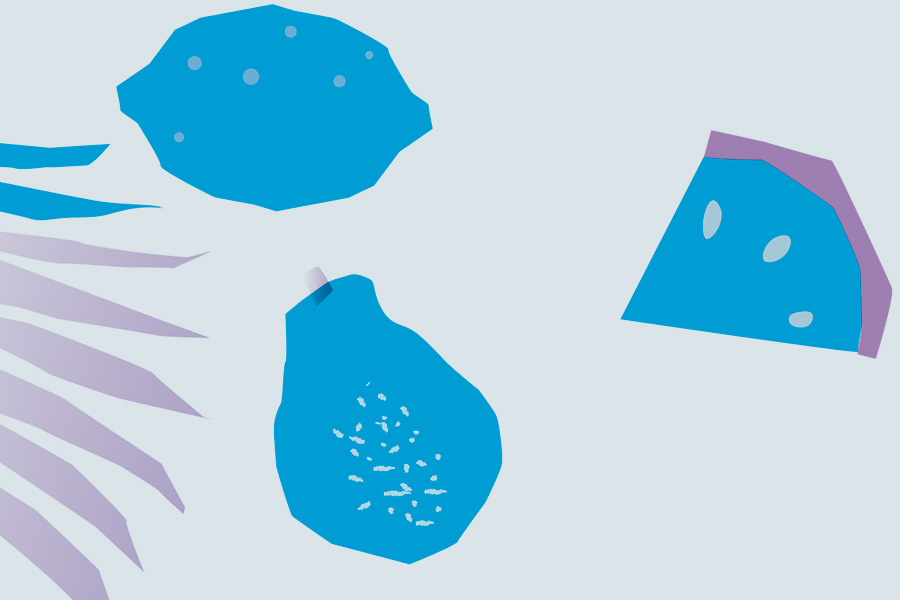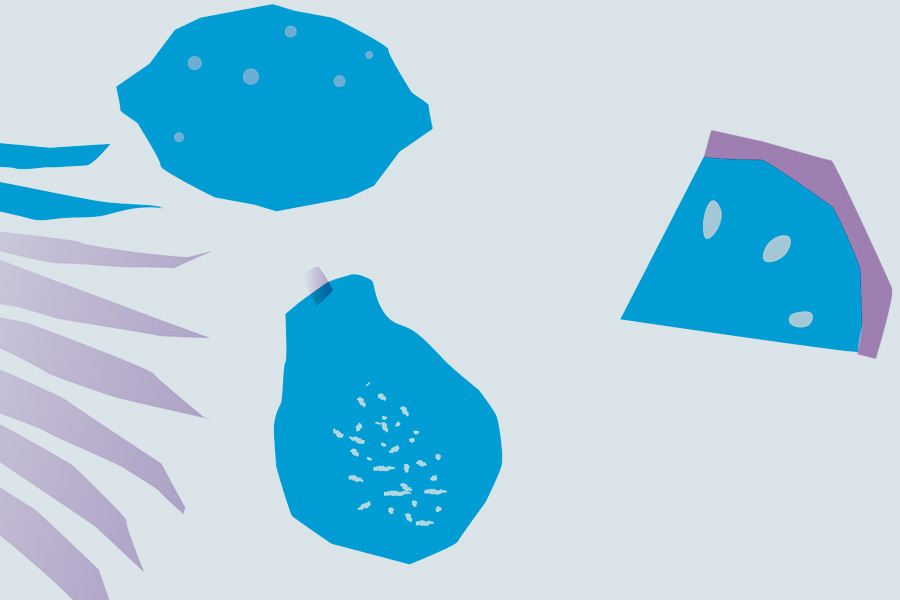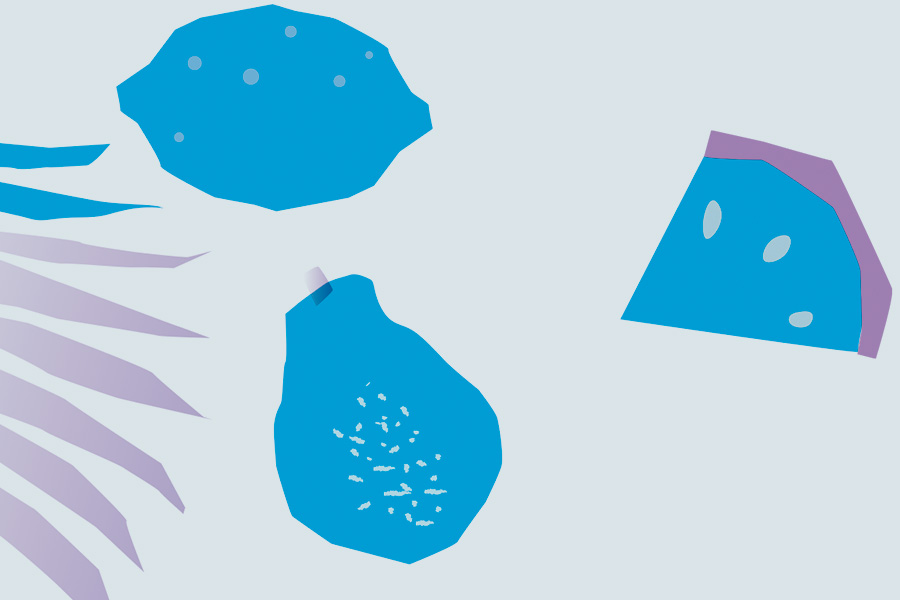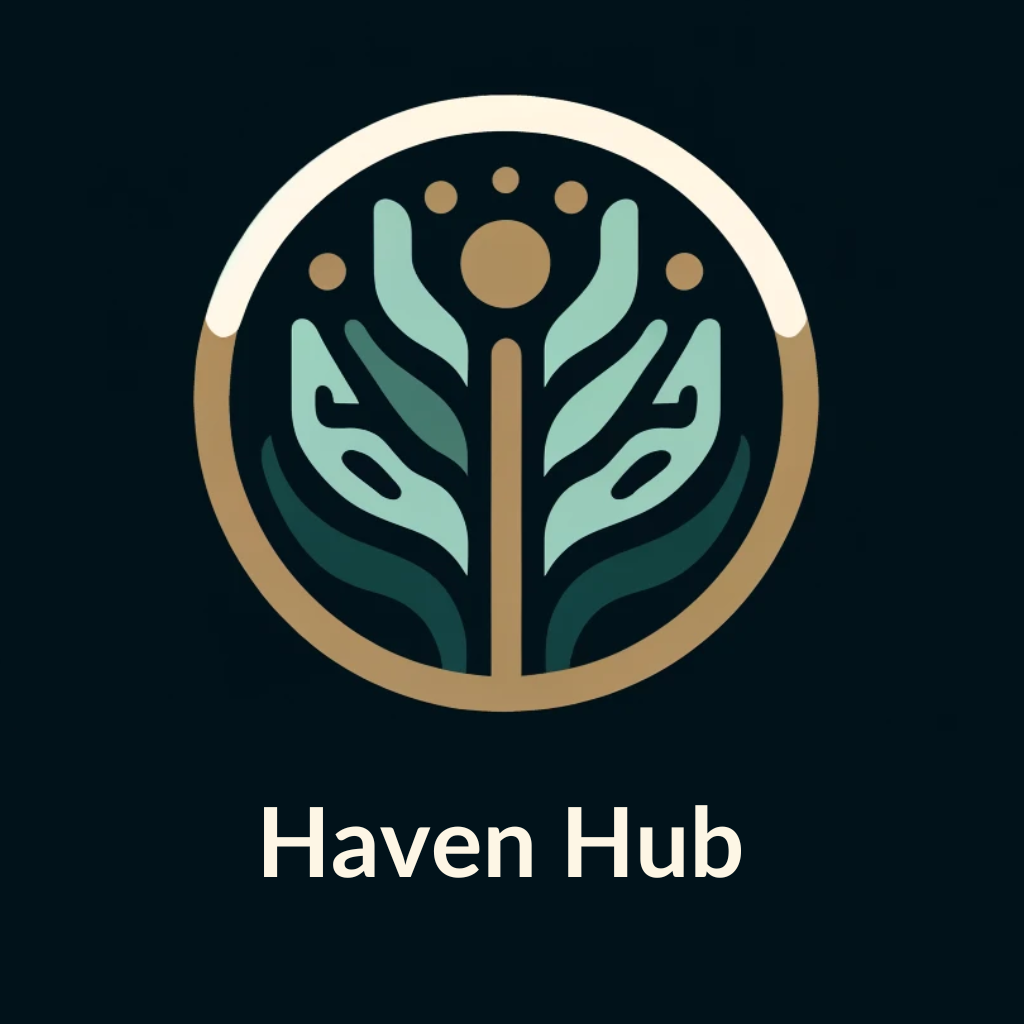Frequently Asked Questions
What is Coaching?
Coaching is a partnership (defined as an alliance, not a legal business partnership) between the Coach and the Client in a thought-provoking and creative process that inspires the client to maximize personal and professional potential. It is designed to facilitate the creation/development of personal, professional or business goals and to develop and carry out a strategy/plan for achieving those goals.
The Client is solely responsible for creating and implementing his/her own physical, mental and emotional well-being, decisions, choices, actions and results arising out of or resulting from the coaching relationship and his/her coaching calls and interactions with the Coach. As such, the Client agrees that the Coach is not and will not be liable or responsible for any actions or inaction or for any direct or indirect result of any services provided by the Coach. The client understands coaching is not therapy and does not substitute for therapy if needed, and does not prevent, cure, or treat any mental disorder or medical disease.
What makes Haven Hub’s coaching approach unique compared to other coaching programs?
Haven Hub’s coaching approach is rooted in a blend of evidence-based methodologies and holistic development principles. We integrate ICF-certified coaching frameworks with NLP techniques to create tailored, transformative experiences. Unlike cookie-cutter programs, we prioritize understanding your unique journey, combining practical tools with deep mindset work. Our goal is not just to help you achieve goals but to equip you with the resilience and strategies to thrive independently.
What is NLP and How Does It Work?
NLP (Neuro-Linguistic Programming) is a psychological approach that explores the connection between the brain (neuro), language (linguistic), and behavioural patterns (programming). It works by identifying and reshaping subconscious thought patterns that influence behaviour and emotions.
For example:
- Anchoring: A technique where we link a positive emotion to a specific action or trigger, such as feeling confident when touching your wrist.
- Reframing: Changing the way you perceive a situation to unlock new possibilities. Instead of seeing failure as defeat, you might reframe it as a learning opportunity.
NLP is effective because it helps people rewire their thought processes, enabling them to break free from limiting beliefs and adopt empowering perspectives.
How do you integrate NLP and ICF principles into your coaching sessions? Can you give examples of how these methods have transformed clients' lives?
NLP (Neuro-Linguistic Programming) helps clients reframe limiting beliefs, build empowering habits, and communicate more effectively with themselves and others. For example, if a client struggles with self-doubt during public speaking, we might use NLP techniques to anchor feelings of confidence. Combined with ICF coaching’s client-centred, goal-driven structure, this creates a supportive yet results-oriented journey.
One client, for instance, came to us feeling stuck in a toxic workplace. Through NLP reframing, they shifted their perspective on their skills and options. Paired with goal-setting and accountability, they transitioned into a fulfilling leadership role within three months.

How will your coaching program help me achieve goals like building resilience, navigating a career pivot, or setting boundaries?
Each goal is approached with a three-step process: clarity, strategy, and action. For resilience, we’d identify triggers and build tools to respond effectively. For a career pivot, we’d map out your transferable skills and define actionable steps to explore opportunities. When setting boundaries, we’d use NLP to reframe any fears around confrontation and practice effective communication techniques.
What type of outcomes can I realistically expect after completing the 6-session coaching block?
You can expect greater clarity around your goals, strategies to overcome challenges, and tangible progress in areas like career, relationships, or personal development. Beyond immediate results, you’ll gain tools and habits for sustained growth.
How do you create a safe and supportive space for discussing sensitive topics like mental wellness or personal challenges?
We begin by establishing a Coaching Agreement that ensures confidentiality and mutual respect. Throughout sessions, we prioritize empathy, active listening, and non-judgment, creating a space where you feel heard and valued.
What does accountability look like in your program? How do you ensure clients stay on track between sessions?
At the end of each session, we co-create action steps. Between sessions, we provide email support to address challenges and celebrate wins. In each meeting, we review progress and adjust strategies to ensure alignment with your goals.

What kind of clients typically thrive in your program? Are there situations where you’d recommend a different type of support?
Clients who are open-minded, ready to take action, and committed to growth thrive in our program. If someone is experiencing acute mental health challenges, we might recommend working with a therapist first before beginning coaching.
How do you measure progress and success throughout the coaching journey?
Progress is measured by the achievement of defined milestones, shifts in mindset, and your overall satisfaction with the process. We also conduct a reflection session to evaluate growth and set a path for continued success.
What would you consider a successful coaching relationship?
A successful relationship is one where you feel empowered, supported, and equipped to achieve your goals. It’s a collaboration that fosters growth, resilience, and independence.

